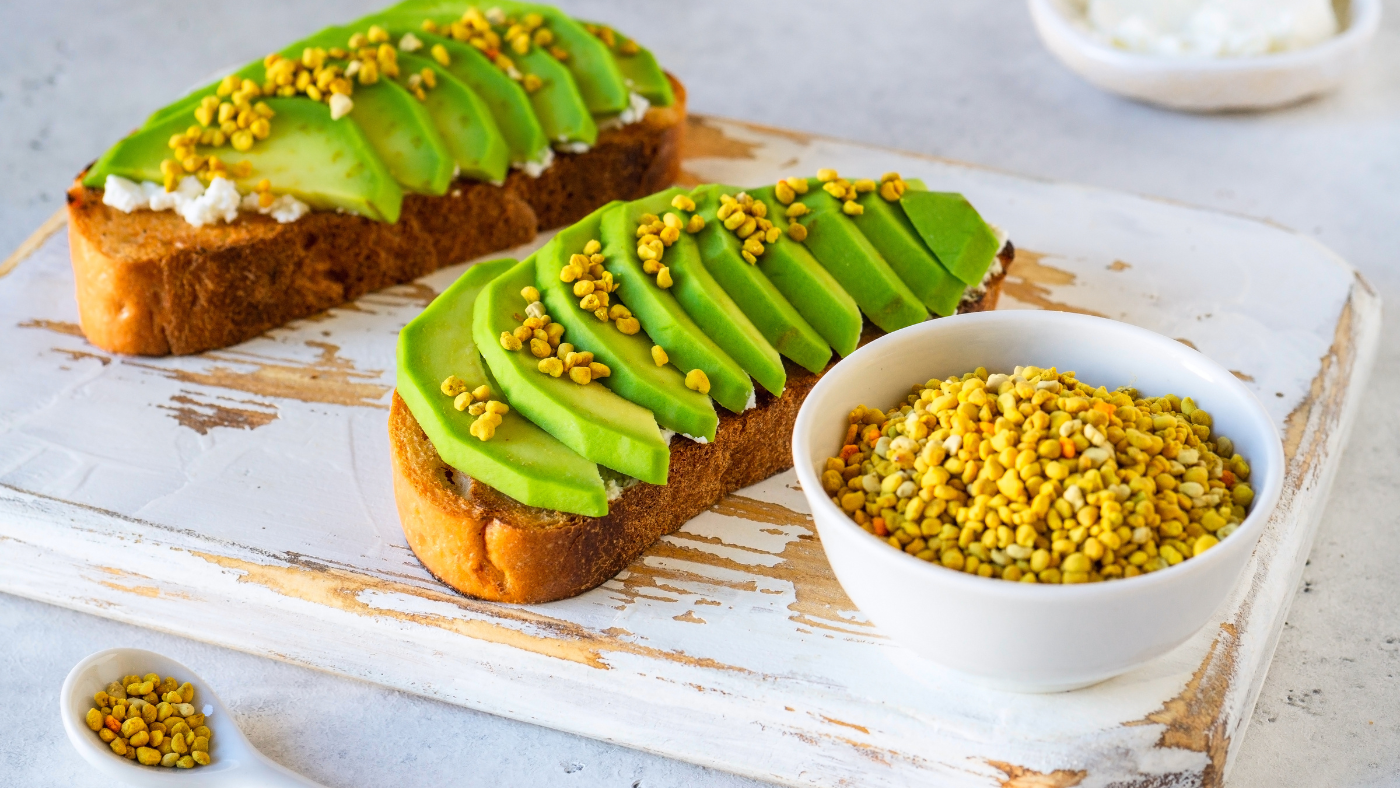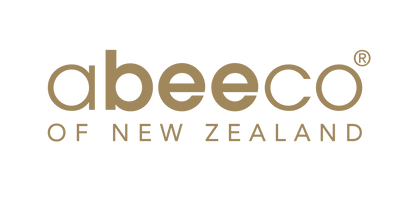up to 40% OFF Energy, Heart & Circulation Essentials | Free NZ Delivery on Orders 99+
up to 40% OFF Energy, Heart & Circulation Essentials | Free NZ Delivery on Orders 99+
Supplements
Shop by Health Concern
Shop by Category
Shop by Health Concern
Shop by Category
Skincare
Shop by Skin Type / Concern
Shop by Category
Shop by Skin Type / Concern
Shop by Category
Bee Pollen - Natures Own Complete Protein
October 30, 2024 3 min read

What Makes a Food a Complete Protein Source?
A complete protein contains all nine essential amino acids that the human body cannot synthesize on its own. These essential amino acids—histidine, isoleucine, leucine, lysine, methionine, phenylalanine, threonine, tryptophan, and valine—must be obtained through diet. When a food source has all of these amino acids in sufficient amounts, it is considered a complete protein.
Why Are Complete Protein Sources Important, Especially for Women?
Complete protein sources are essential for overall health, muscle maintenance, and immune function. They help repair tissues, produce enzymes, and support hormone balance, which is especially important for women. Hormonal changes during different life stages—like menstruation, pregnancy, breastfeeding, and menopause—increase the need for certain nutrients, including amino acids.
For active women, athletes, and those involved in strength training, complete proteins are even more critical. They provide the building blocks for muscle recovery and growth, contributing to improved performance and reduced injury risk. Additionally, complete proteins can support metabolism, aiding in maintaining a healthy weight.
Why New Zealand Bee Pollen is an Excellent Choice for Complete Protein
Among the various complete protein sources available, New Zealand Bee Pollen stands out as an exceptional choice. Here’s why:
1. Amino Acid Profile
New Zealand Bee Pollen contains all nine essential amino acids, making it a complete protein. The pollen comes from a variety of flowering plants, giving it a rich, diverse profile that can contribute to balanced nutrition. For those seeking to maintain or increase muscle mass, this diversity of amino acids is invaluable.
2. Bioavailability
Bioavailability refers to how well your body can absorb and use the nutrients in a food. New Zealand Bee Pollen is highly bioavailable, which means that the protein and other nutrients it contains are easily absorbed and utilised by the body. This is particularly advantageous when compared to plant-based proteins like legumes and grains, which can contain anti-nutrients that inhibit absorption.
3. Rich in Additional Nutrients
Beyond protein, New Zealand Bee Pollen is packed with vitamins, minerals, enzymes, and antioxidants. It contains B vitamins, which are crucial for energy production, as well as zinc, magnesium, and other trace minerals. These nutrients can support immune function, skin health, and overall vitality, making it a more holistic choice than protein supplements that only focus on amino acid content.
4. Natural and Minimally Processed
New Zealand Bee Pollen is harvested in its natural state and undergoes minimal processing, preserving its nutritional content. This makes it an appealing option for those who prioritise whole, unprocessed foods. It can be easily incorporated into smoothies, yogurt, oatmeal, or simply taken by the spoonful.
5. Eco-Friendly and Sustainable
The production of bee pollen has a lower environmental impact compared to some other protein sources, such as livestock farming. New Zealand’s pristine environment and sustainable beekeeping practices ensure that the pollen is of high quality, free from contaminants, and harvested in a way that supports bee populations.
How Does New Zealand Bee Pollen Compare to Other Complete Protein Sources?
- Versus Animal-Based Proteins (e.g., Meat, Fish, Eggs): While animal proteins like chicken, fish, and eggs are complete, they often come with higher fat content and, in some cases, additives or antibiotics. Bee pollen is a lighter, plant-based alternative that offers complete protein without these additional factors, making it suitable for vegetarians and those seeking to reduce animal product intake.
- Versus Plant-Based Proteins (e.g., Soy, Quinoa): Plant-based proteins like quinoa and soy are also complete, but they may not offer the same concentration of vitamins, minerals, and enzymes that bee pollen does. Additionally, bee pollen is easier to digest and absorb, thanks to its natural enzyme content, making it a more efficient choice for nutrient absorption.
Conclusion: Add New Zealand Bee Pollen to Your Diet for a Complete Protein Boost
Incorporating New Zealand Bee Pollen into your diet can be an excellent way to ensure you're getting a complete source of protein, especially if you want to avoid more processed or animal-based options. Its rich amino acid profile, high bioavailability, and additional nutrient content make it a superior choice for women looking to support their health, energy levels, and muscle recovery. Whether you’re a fitness enthusiast, a busy professional, or simply aiming to boost your nutrition, New Zealand Bee Pollen can provide the complete protein you need in a natural and sustainable way.

Rebecca Wood
MEET THE AUTHOR
With over 20 years of experience in clinical practice, Rebecca brings a wealth of knowledge and genuine passion to the world of natural health. She loves exploring the science behind nature's remedies and sharing practical insights to help others on their wellness journey. Dedicated to empowering people to take charge of their health, Rebecca combines research, expertise, and care in everything she does.
Disclaimer: This article provides general information only and is not a substitute for medical advice. Abeeco products are for cosmetic and dietary purposes. Our supplements & tonics aren't intended to diagnose, treat, cure, or prevent any disease. Consult a healthcare professional for medical advice or before starting new supplements. Individual results may vary. Always follow product directions. Our products are not intended to treat or cure any medical condition.
